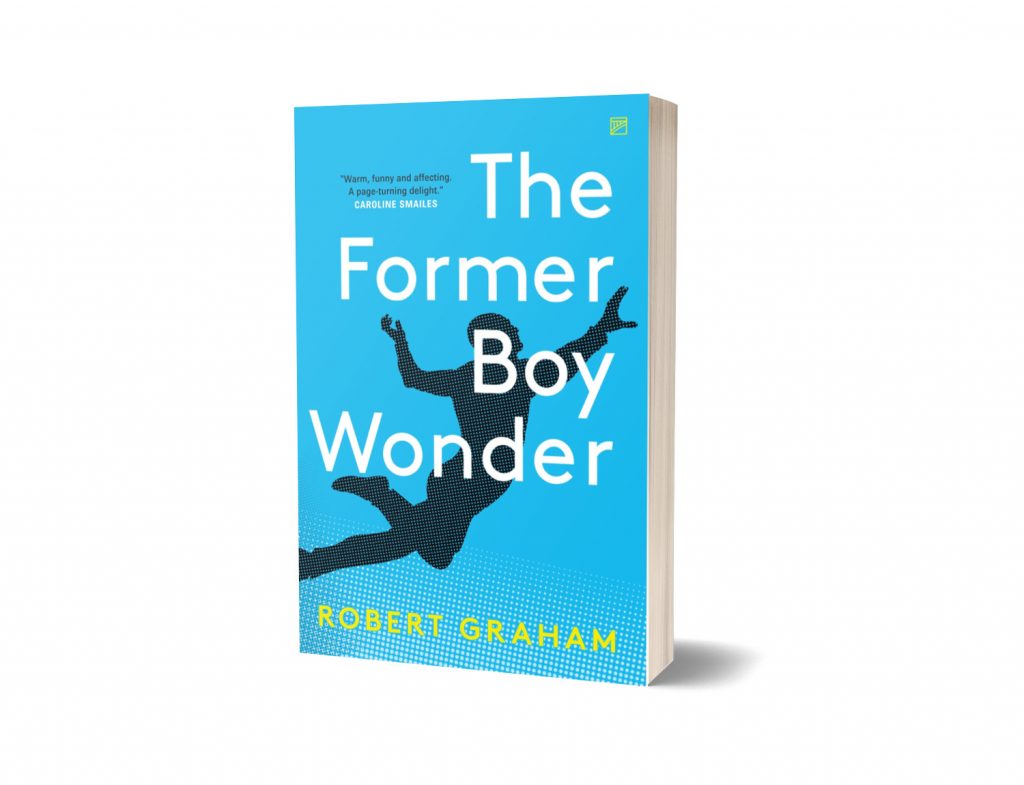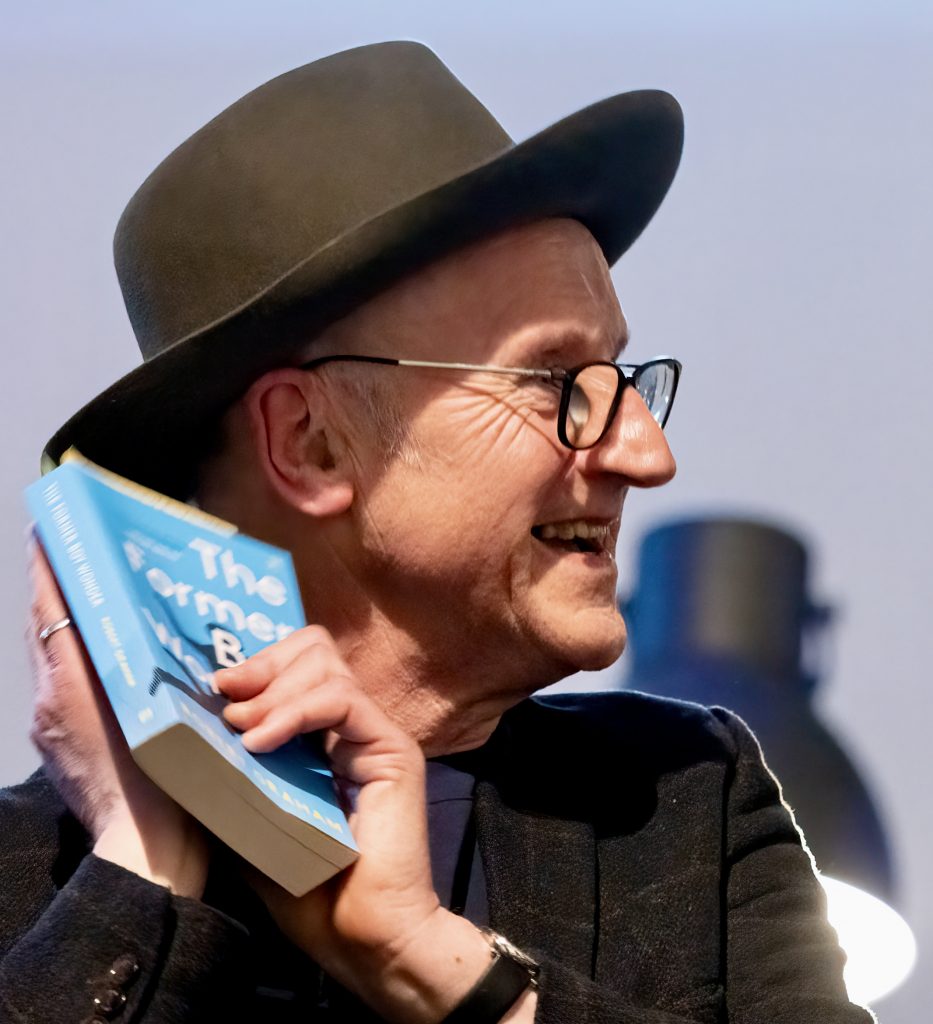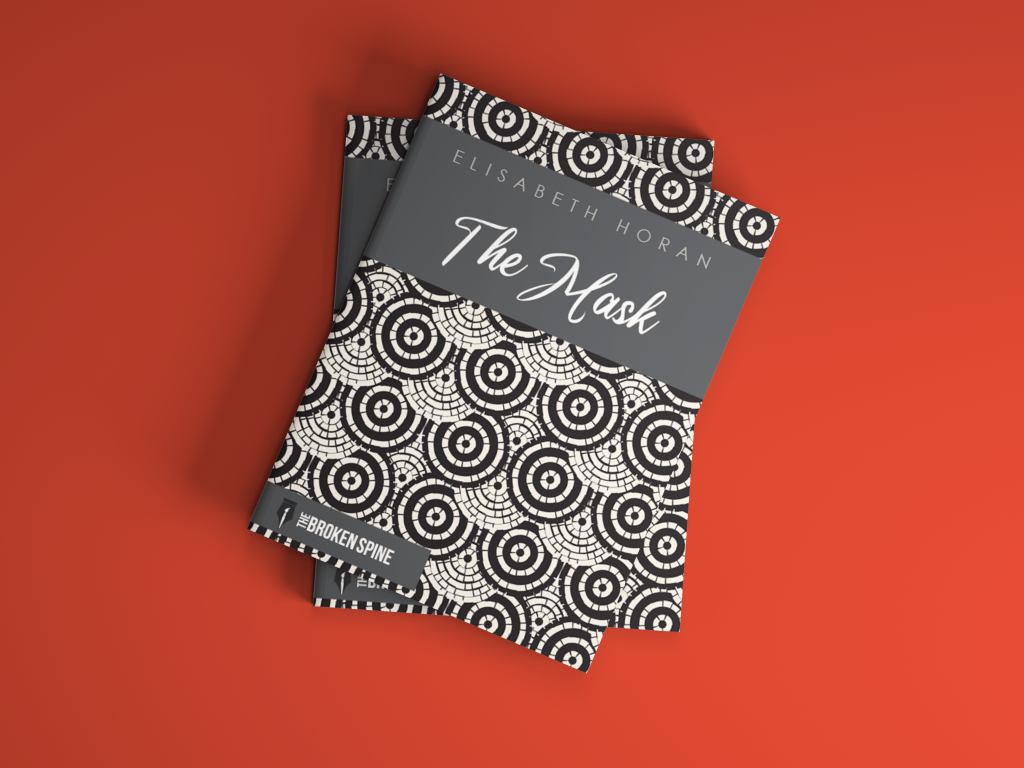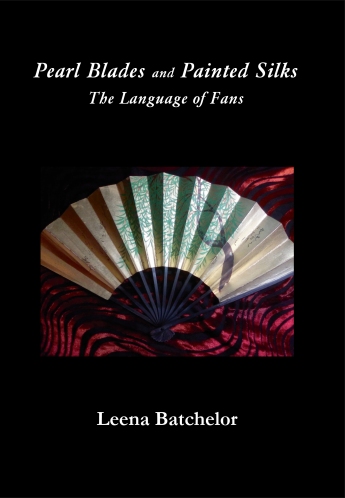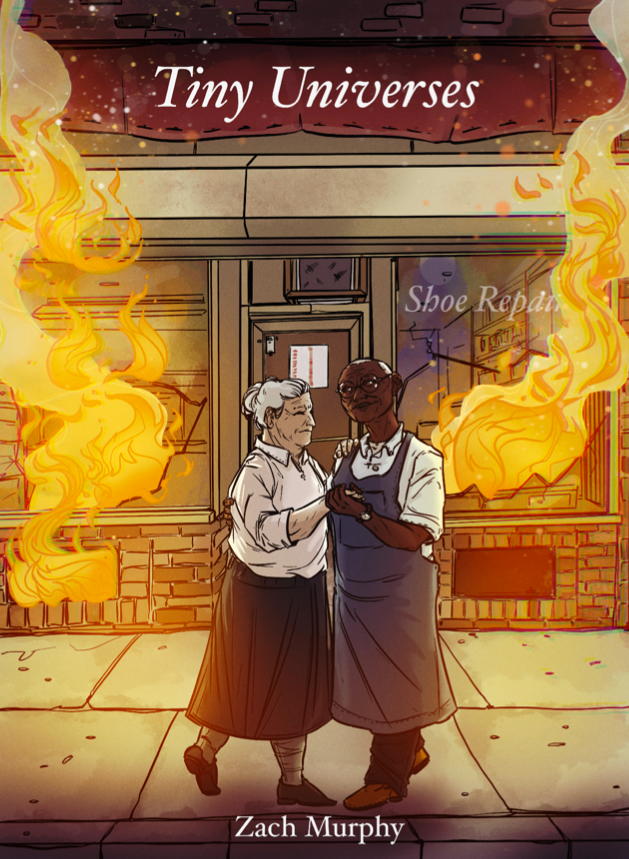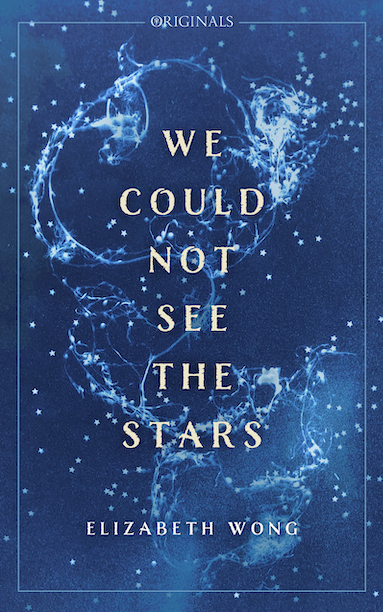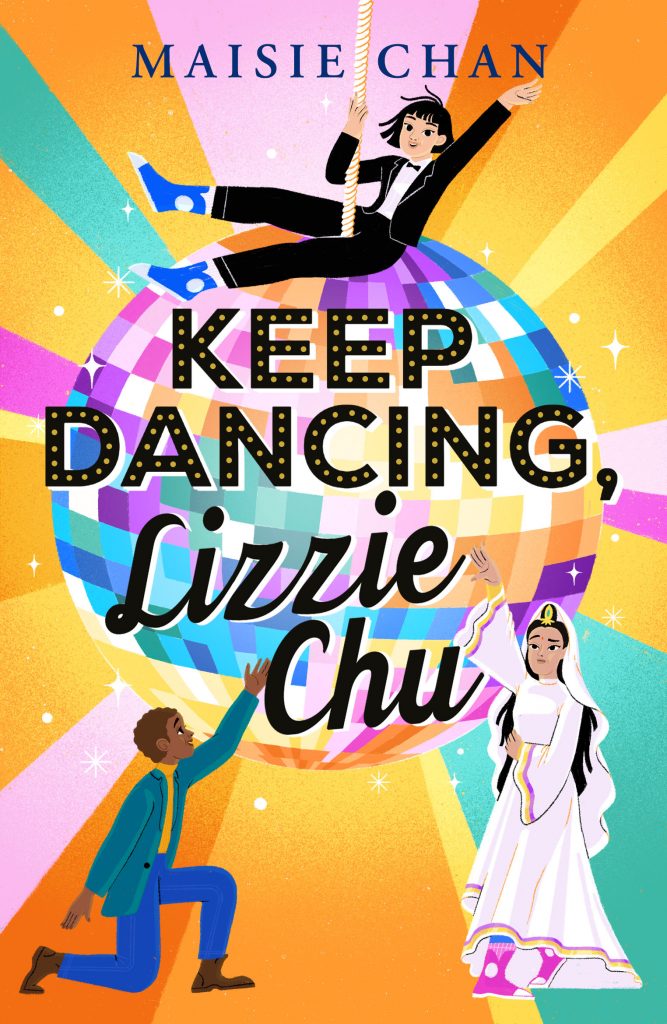
Two years ago I reviewed Maisie Chan’s delightful debut children’s novel, Danny Chung Does Not Do Maths, about an eleven-year-old Danny Chung who loved drawings and hated Maths. One morning, he received an unexpected guest in his house – his grandmother who he had never met before. Over Easter break, he got to know his grandmother more, and his initial animosity towards her grew into an appreciation for her presence. Since its publication, the heart-warming story has won the Jhalak Prize and the 2022 Branford Boase Award. Now, two years later, Chan follows up her success with her second children’s novel, Keep Dancing, Lizzie Chu, published by Piccadilly Press. This time, Chan doesn’t disappoint.
The novel opens with a twelve-year-old girl, Lizzie Chu, who finds her maternal grandad, Jimmy, whom she affectionately addresses as Wai Gong, ‘on his knees jabbing a piece of wire through the cracks in the roadside drain like he was trying to hook a duck at a fairground’ during one of her shopping runs when an eco bus threatens to knock him down. Lizzie rushes to his aid and saves him in the nick of time. We can surmise something isn’t quite right with Wai Gong. He has been acting strangely lately. He is becoming more forgetful than usual and spends a lot of time talking to Guan Yin – the Chinese goddess of compassion, kindness and mercy.
On the other hand, Lizzie has been holding the fort at home since the death of Grandma Kam. She has big shoes to fill, and her plate is getting full with caring for Wai Gong, running errands, sorting out the household bills and cooking while juggling her schoolwork and being a normal twelve-year-old girl. The question is, is Wai Gong feeling sad because of Grandma Kam’s passing or is it something else? One day, Lizzie and Wai Gong discover that Grandma Kam has left a golden chain with a jade circular pendant and four tickets to Blackpool Tower Ballroom. A light bulb instantly lit up in Lizzie’s head, and she devises a madcap plan. She’s going to bring Wai Gong on a trip of his lifetime to Blackpool Tower Ballroom, ‘the Mecca of Ballroom Dancing’ where he always longs to go with Grandma Kam.
Targeted at young readers, the uplifting intergenerational story takes them on a rollercoaster ride, with unexpected twists and turns, which surprises them on every page. The journey to Blackpool Tower Ballroom has me sitting at the edge of my seat, and I can’t help but cheer for Lizzie. In contrast to Danny Chung Does Not Do Maths, this novel has more awareness of inclusivity. In one of the chapters, Lizzie’s school teacher, Mrs Begum explains to the class:
‘We don’t call people names. We do not talk about other people’s family members. Luke, just because someone looks and acts different to what you’re used to, doesn’t mean that they are strange.’
We also are also introduced to an ensemble of diverse supporting characters that make Glasgow. Among them are Lizzie’s best friends – Chi, a self-centred but kindhearted and hard-core Comic Con fan, who is a mixed Welsh and Vietnamese and Tyler, a black British boy who has a gift of making clothes and has two fathers. Chan’s strength as an author lies in her knowledge of the Asian and British cultures, given her heritage. She cleverly weaves the classic Chinese folk tale Journey to the West into the narrative as a parallel to Lizzie and Wai Gong’s journey to Blackpool Tower Ballroom. She does it with sensitivity and meticulousness. She uses ‘Wai Gong’ for Lizzie’s grandad as Wai Gong is a commonly used term in Southern China to address maternal grandad and is widely used in Asia. Using the Chinese deity, Guan Yin as a motif adds depth to the novel and provides a good entry point in understanding Chinese culture. Chan further incorporates other British cultural references, such as the ever-popular Strictly Come Dancing and Comic Con event to show that one doesn’t have to lose sight of their heritage in another country.
Despite being a middle-grade novel, Keep Dancing, Lizzie Chu doesn’t shy away from discussing weighty topics about death, loss, grief and illness. It sheds light on the role of young carers and their daily struggles. It acutely captures the carers’ initial denial of their loved one’s loss of cognitive functioning and their gradual acceptance of the condition.
This is a timely topic happening globally as the ageing population increases. The novel illustrates the dependency on a larger community during challenging times and why it is so important in a rapidly developing society. As the well-known African proverb says, ‘it takes a village to raise a child.’ But I believe in this story it takes a community to support one in need of help and to show that the human spirit is more resilient than what we can imagine.
Keep Dancing, Lizzie Chu is published by Piccadilly Press, which is part of Bonnier Books Ltd. The U.S version will be out on 28th March 2023. The children’s novel is now available in Waterstones, Book Depository and Amazon UK.
You can find more of Yang Ming’s work here on Ink Pantry.



